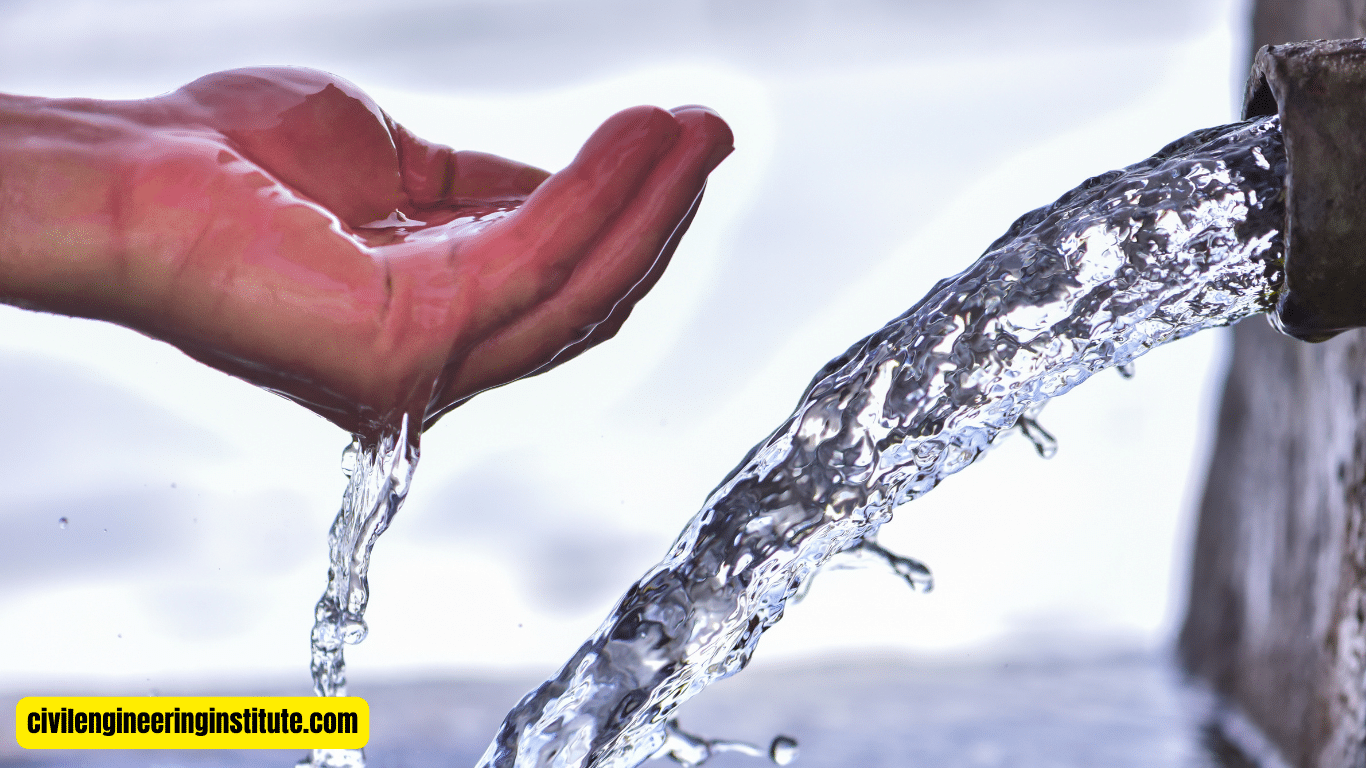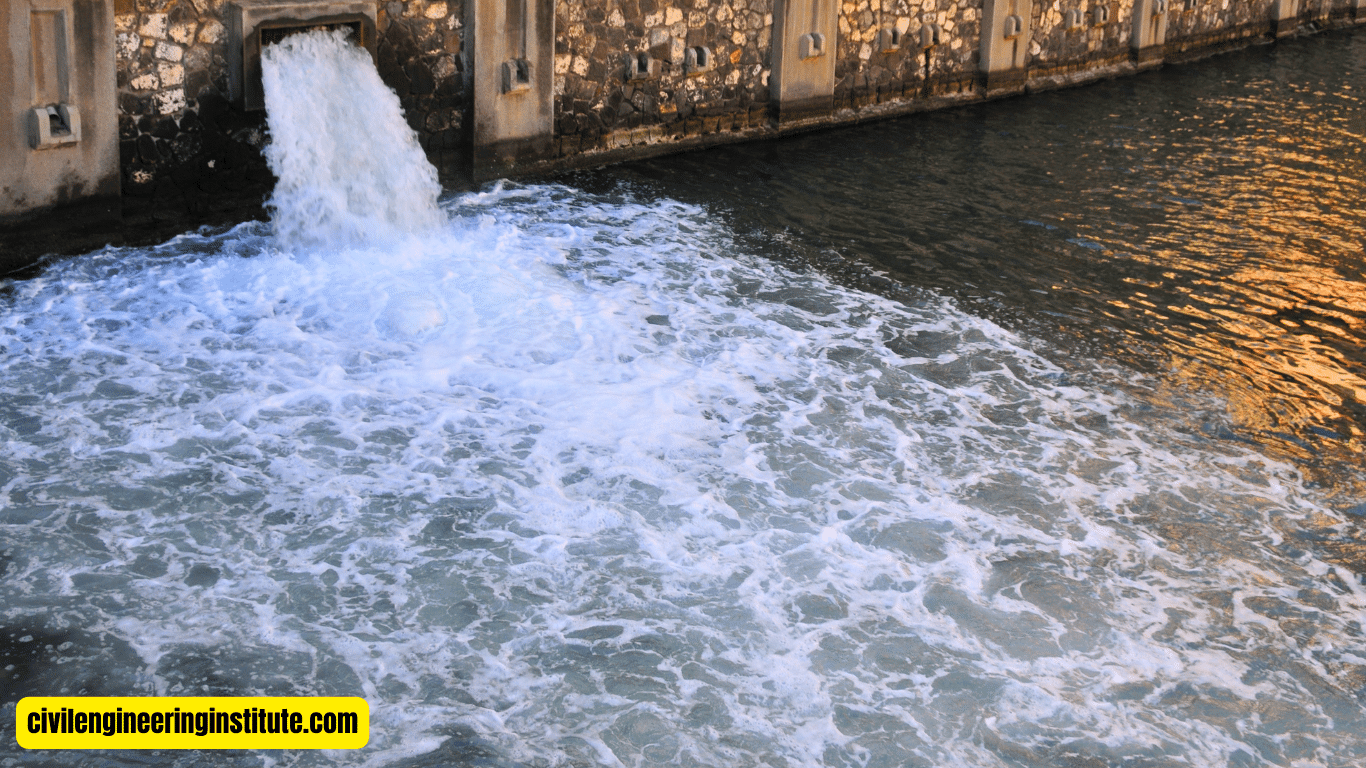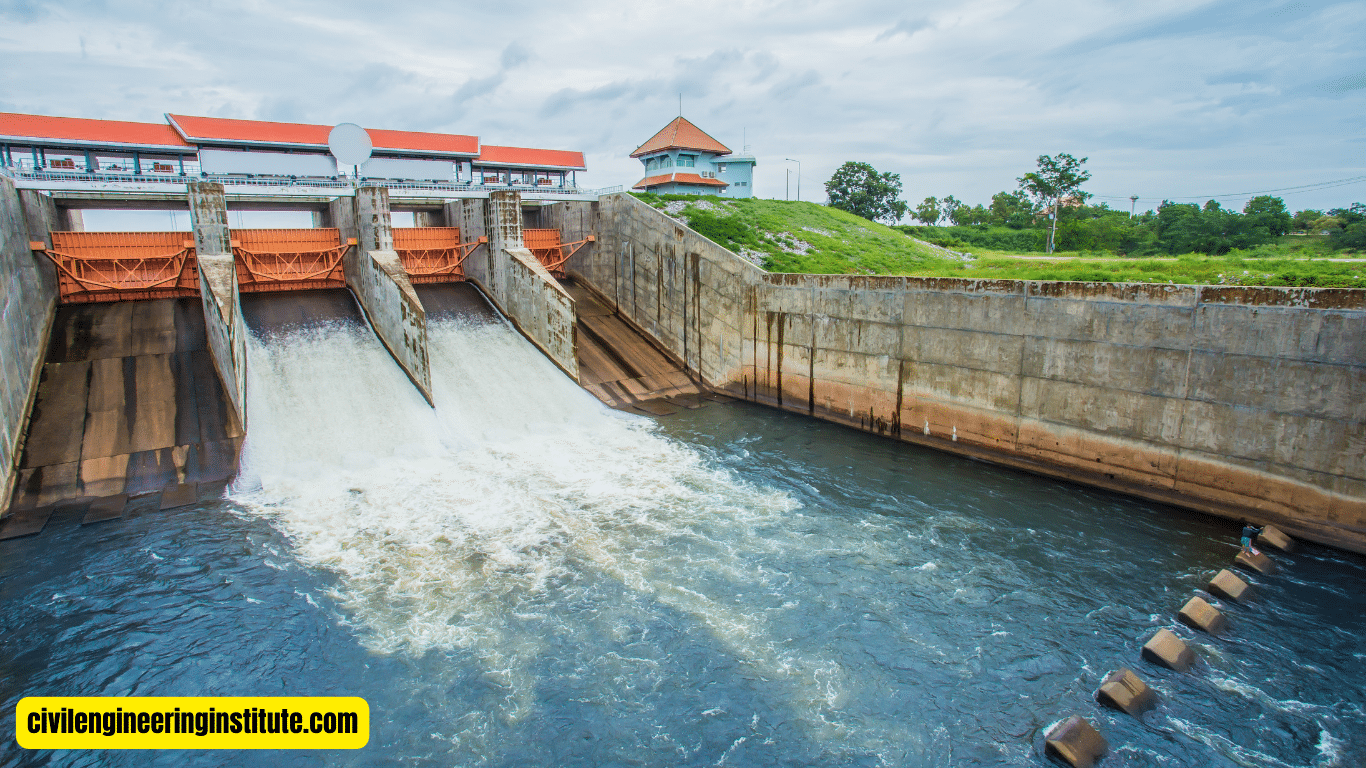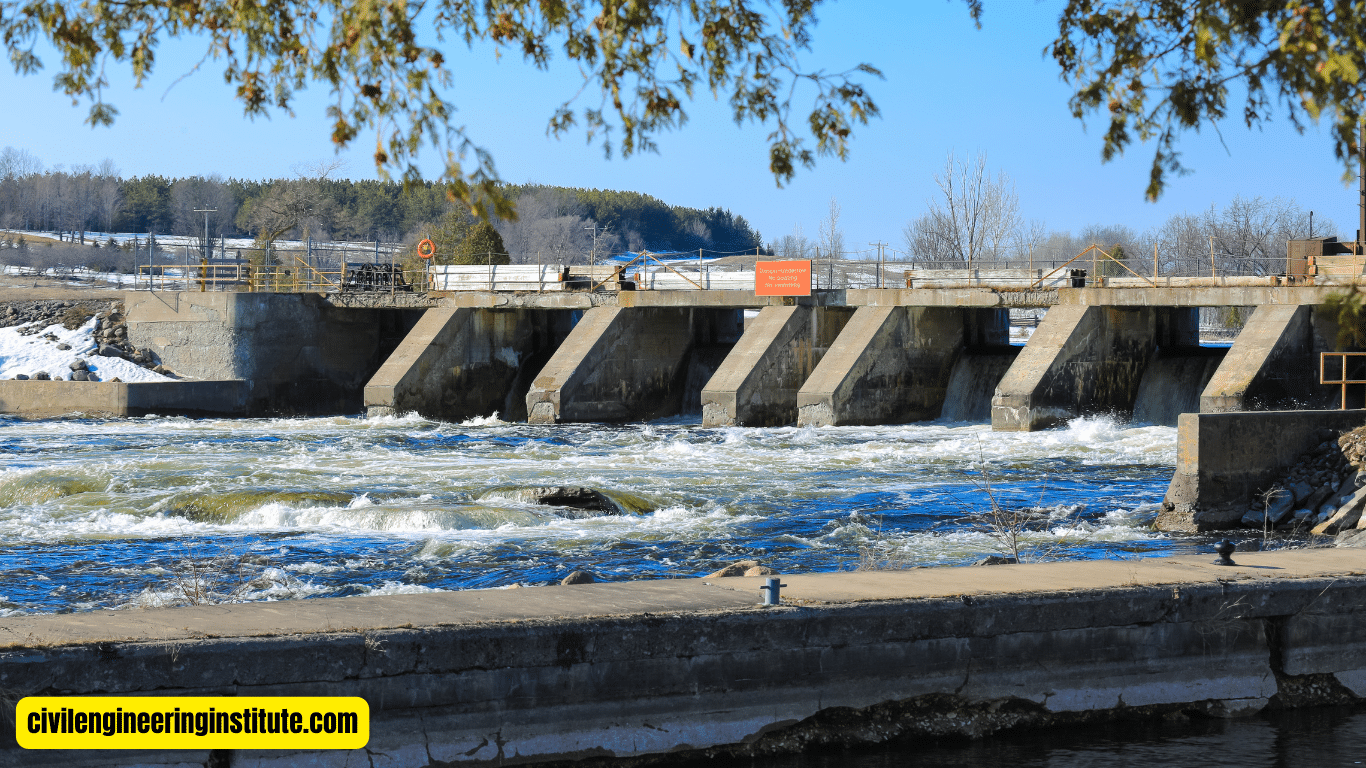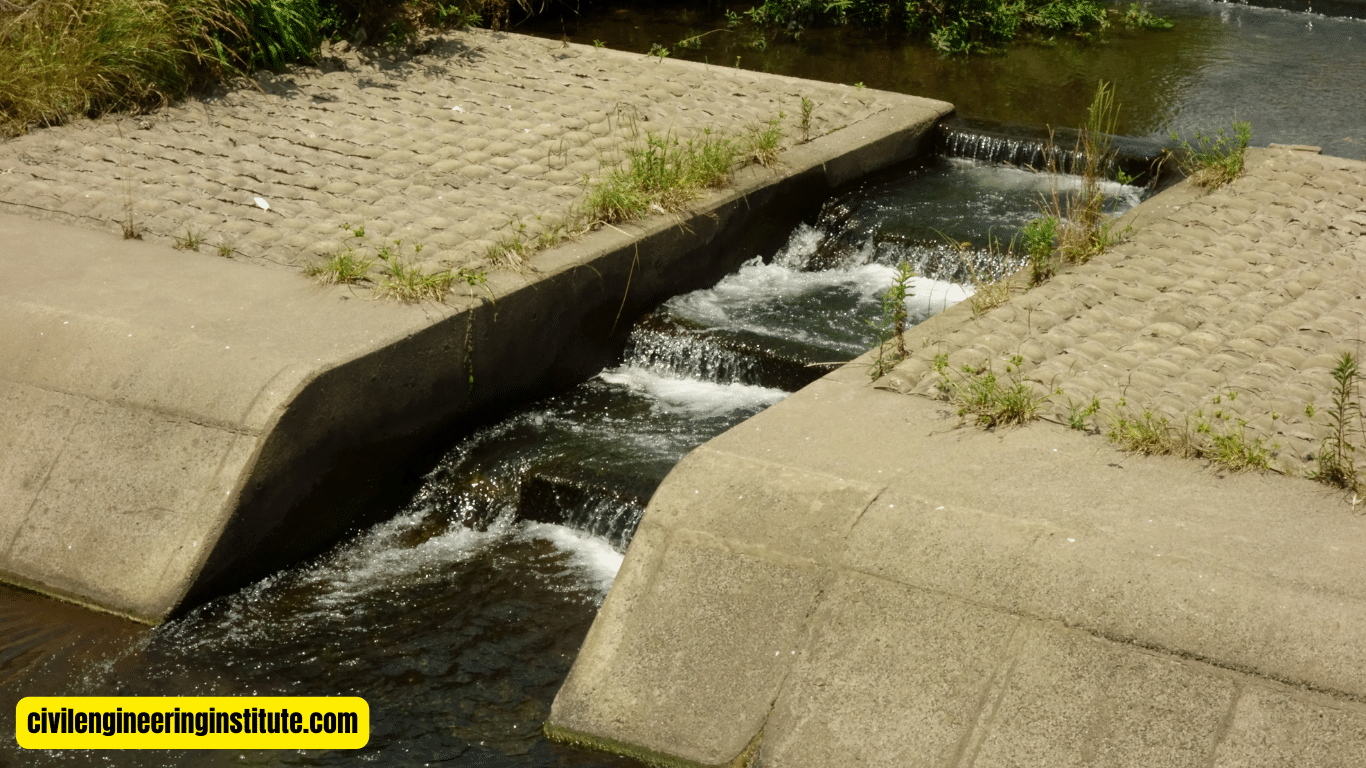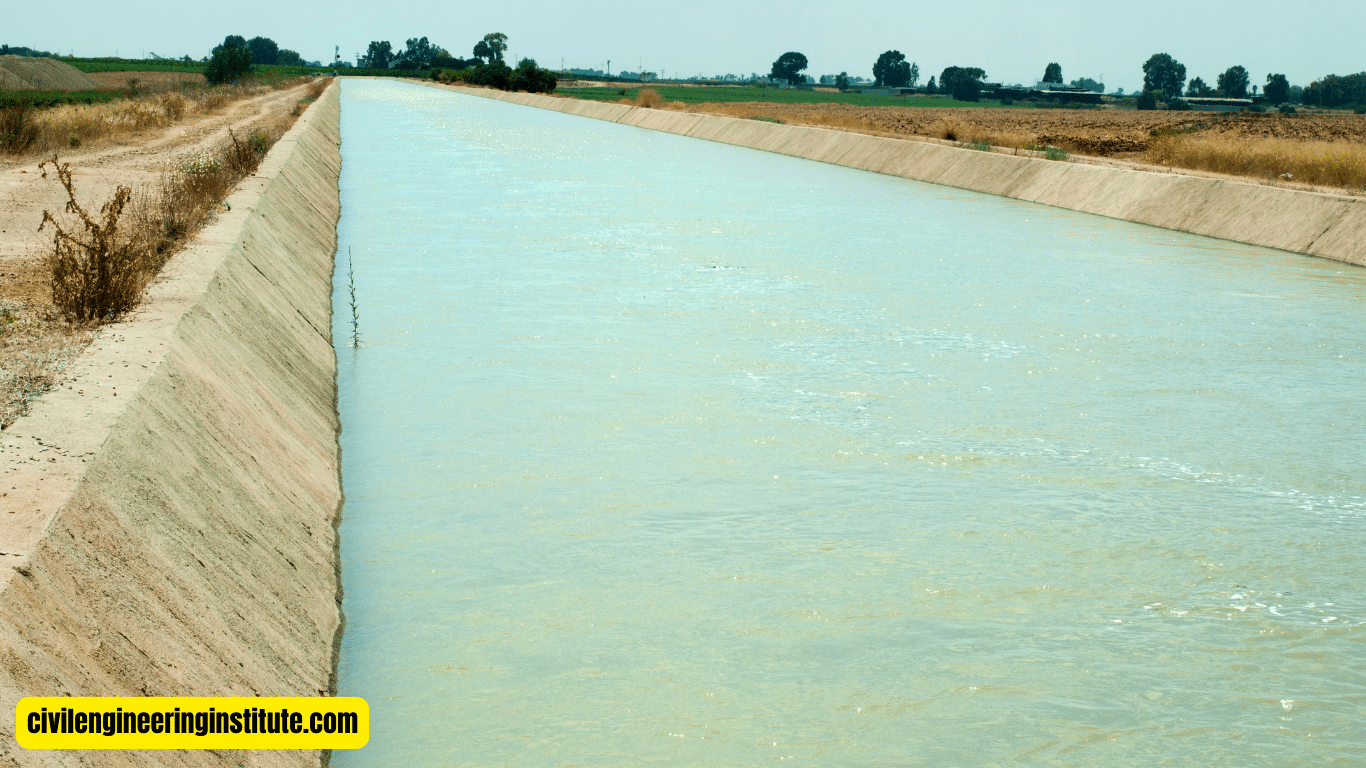Hydrology plays an important role in civil engineering, impacting various aspects of construction and infrastructure development. Understanding hydrology helps engineers design effective drainage systems, preventing floods and erosion. By analyzing rainfall patterns and water flow, civil engineers can determine the best locations for structures like bridges and dams, ensuring they withstand natural forces.
Moreover, hydrology guides decisions regarding water supply and management, vital for sustainable development. By optimizing drainage and water management systems, engineers can enhance environmental sustainability and minimize risks to communities. In essence, hydrology is the backbone of civil engineering, ensuring the safe and efficient utilization of water resources for societal well-being and infrastructure resilience.
importance of hydrology in civil engineering
Hydrology, often dubbed the science of water, stands as a cornerstone in the realm of civil engineering. Its significance reverberates throughout various facets of infrastructure development, shaping the way engineers plan, design, and execute projects. In this comprehensive guide, we delve into the importance of hydrology in civil engineering, exploring its multifaceted impacts and how it drives sustainable and resilient solutions.
Understanding Hydrology
At its core, hydrology is the study of the movement, distribution, and quality of water on Earth. It encompasses the examination of rainfall, runoff, evaporation, and the infiltration of water into the soil. By comprehending these intricate processes, civil engineers gain insights into how water behaves within a given environment, laying the groundwork for informed decision-making.
Designing Effective Drainage Systems
One of the primary applications of hydrology in civil engineering is the design of drainage systems. Effective drainage is paramount to prevent flooding, erosion, and other water-related hazards. Through hydrological analysis, engineers can determine the appropriate size, layout, and location of drainage infrastructure such as culverts, channels, and stormwater management facilities. By optimizing drainage systems, communities can mitigate the risks posed by heavy rainfall and ensure the longevity of infrastructure.
Mitigating Flood Risks
Floods pose significant threats to lives, properties, and economies worldwide. Hydrology plays a pivotal role in assessing and mitigating flood risks by providing valuable insights into river behavior, floodplain mapping, and inundation modeling. Civil engineers utilize hydrological data to design flood control structures, such as levees and dams, that safeguard communities from devastating flood events. Furthermore, hydrological studies aid in developing flood forecasting and early warning systems, empowering authorities to take proactive measures and mitigate the impact of floods on vulnerable regions.
Optimizing Water Resource Management
Water is a finite resource, and its sustainable management is imperative for the well-being of both ecosystems and human societies. Hydrology informs water resource management practices by analyzing precipitation patterns, groundwater recharge rates, and surface water availability. Civil engineers leverage hydrological data to design reservoirs, irrigation systems, and water supply networks that optimize water distribution and usage. Additionally, hydrological modeling helps assess the potential impacts of climate change on water resources, guiding adaptation strategies to ensure long-term water security.
Ensuring Infrastructure Resilience
In the face of increasing climate variability and extreme weather events, the resilience of infrastructure has become a pressing concern for civil engineers. Hydrology plays a critical role in enhancing infrastructure resilience by informing design criteria and risk assessment methodologies. By considering factors such as peak flow rates, storm intensity, and watershed characteristics, engineers can design infrastructure that can withstand the challenges posed by changing hydrological conditions. Whether it’s bridges, roads, or buildings, integrating hydrological considerations into the design process is essential for building resilient infrastructure that can withstand the test of time.
Promoting Environmental Sustainability
The interplay between hydrology and environmental sustainability is profound. By understanding the hydrological cycle and its interactions with ecosystems, civil engineers can minimize the adverse impacts of development on natural habitats and water bodies. Hydrological assessments inform ecological flow requirements, ensuring that adequate water is maintained to support aquatic biodiversity and ecosystem functioning. Moreover, sustainable urban drainage systems, guided by hydrological principles, mitigate the effects of urbanization on water quality and aquatic habitats, promoting a healthier environment for both humans and wildlife.
Some important key points: importance of hydrology in civil engineering
Why is hydrology necessary for civil engineers?
Hydrology is vital for civil engineers because it provides essential insights into how water behaves in different environments. Understanding hydrology helps engineers design effective drainage systems to prevent flooding, erosion, and other water-related hazards. By analyzing rainfall patterns, runoff rates, and soil infiltration, civil engineers can make informed decisions that ensure the safety and longevity of infrastructure projects. Without a solid understanding of hydrology, engineers would struggle to address water-related challenges, leading to costly and potentially dangerous consequences.
importance of hydrology in civil engineering
Water plays a crucial role in civil engineering because it influences various aspects of infrastructure development and maintenance. From providing drinking water to communities to facilitating transportation through rivers and canals, water is indispensable to human civilization. In civil engineering, water is used for construction purposes, irrigation, sanitation, and energy production. Moreover, managing water effectively is essential for mitigating flood risks, preserving ecosystems, and ensuring the sustainability of infrastructure projects. Without access to clean water and effective water management practices, civil engineering projects would be unsustainable and prone to failure.
What is the scope of hydrology in civil engineering?
The scope of hydrology in civil engineering is broad and encompasses a wide range of activities related to water management and infrastructure development. Hydrology involves studying the movement, distribution, and quality of water on Earth’s surface and underground. In civil engineering, hydrology is applied to design drainage systems, assess flood risks, manage water resources, and promote environmental sustainability. Additionally, hydrological data is used to inform decision-making processes, such as site selection for infrastructure projects and the design of hydraulic structures. Overall, the scope of hydrology in civil engineering is extensive and essential for ensuring the safety, efficiency, and sustainability of infrastructure projects.
What are the important parts of hydrology?
Important parts of hydrology include rainfall analysis, runoff modeling, streamflow measurements, groundwater studies, and water quality assessments. Rainfall analysis involves studying precipitation patterns and intensity to understand how much water enters the hydrological system. Runoff modeling examines how water flows over the land surface and into rivers, lakes, and oceans. Streamflow measurements quantify the volume and velocity of water in rivers and streams, providing valuable data for flood forecasting and water resource management.
Groundwater studies focus on the movement and storage of water beneath the Earth’s surface, crucial for assessing aquifer recharge rates and groundwater availability. Water quality assessments evaluate the chemical, physical, and biological characteristics of water bodies, informing pollution control measures and ecosystem health monitoring.
What is the most important benefit of hydrology?
The most important benefit of hydrology is its ability to inform decision-making processes related to water management and infrastructure development. By understanding how water moves through the environment and interacts with human activities, hydrology helps identify risks, assess impacts, and design effective solutions. Whether it’s preventing floods, optimizing water resource allocation, or preserving aquatic ecosystems, hydrology plays a critical role in promoting sustainable development and resilience to water-related challenges.
What are the applications of hydrology in engineering?
Hydrology has various applications in engineering, including designing drainage systems, assessing flood risks, managing water resources, and protecting the environment. In civil engineering, hydrology informs the design of infrastructure projects such as roads, bridges, dams, and urban drainage systems. Additionally, hydrological data is used in hydraulic engineering to design hydraulic structures such as dams, levees, and culverts that control the flow of water and mitigate flood risks. Other applications of hydrology in engineering include irrigation planning, hydropower generation, water supply management, and environmental impact assessments.
What is hydraulic in civil engineering?
Hydraulic engineering, a sub-discipline of civil engineering, focuses on the design, construction, and maintenance of structures that convey, control, and utilize water. This includes hydraulic structures such as dams, channels, pipelines, and pumping stations, as well as hydraulic machinery such as turbines and pumps.
Hydraulic engineers apply principles of fluid mechanics and hydrology to design infrastructure that manages water resources, mitigates flood risks, and facilitates various water-related activities such as irrigation, navigation, and hydroelectric power generation. In civil engineering, hydraulic engineering plays a crucial role in ensuring the safe and efficient utilization of water for societal needs and economic development.
What is civil engineering water and hydraulic structures?
Civil engineering water and hydraulic structures refer to the infrastructure designed to manage, control, and utilize water resources effectively. These structures include dams, levees, weirs, spillways, canals, pipelines, and pumping stations, among others. Civil engineers specializing in water and hydraulic structures apply the principles of hydrology, fluid mechanics, and structural engineering to design and construct infrastructure that meets specific water management objectives.
Whether it’s providing flood protection, regulating water supply, or generating hydropower, civil engineering water and hydraulic structures play a critical role in meeting the water-related needs of society while ensuring environmental sustainability and resilience to water-related hazards.
What is the importance of hydrology in engineering?
The importance of hydrology in engineering lies in its ability to provide valuable insights into how water behaves in natural and built environments. Hydrology informs engineering decisions related to water management, infrastructure design, and environmental protection.
By understanding precipitation patterns, runoff processes, and groundwater dynamics, engineers can design effective drainage systems, assess flood risks, manage water resources, and protect aquatic ecosystems. Without the insights provided by hydrology, engineering projects would be more susceptible to water-related challenges, such as flooding, erosion, and water scarcity, leading to increased costs and potential harm to communities and the environment.
Why is information about hydrology needed by civil engineering projects?
Information about hydrology is essential for civil engineering projects because it helps engineers make informed decisions that ensure the safety, efficiency, and sustainability of infrastructure development. Hydrology provides insights into water availability, quality, and movement, which are critical factors in designing drainage systems, assessing flood risks, managing water resources, and protecting the environment.
By understanding how water behaves in a given environment, engineers can anticipate and mitigate potential water-related hazards, such as floods, droughts, and pollution. Additionally, hydrological data is used to inform site selection, design criteria, and risk assessments for infrastructure projects, ensuring they are resilient to changing hydrological conditions and meet the needs of society while minimizing adverse impacts on the environment.
Conclusion
In conclusion, the importance of hydrology in civil engineering cannot be overstated. From designing drainage systems to mitigating flood risks and promoting environmental sustainability, hydrology underpins every aspect of infrastructure development. By harnessing the insights provided by hydrological studies, civil engineers can create resilient, sustainable, and water-efficient solutions that meet the needs of society while safeguarding the environment for future generations. As we confront the challenges of a rapidly changing climate and growing water demands, the role of hydrology will only continue to grow in significance, shaping the way we design and manage infrastructure in the years to come.
FAQs
What is hydrology, and why is it important in civil engineering?
Hydrology is the study of water and its movement on Earth. It’s crucial in civil engineering because it helps engineers understand how water behaves in the environment, which is essential for designing safe and effective infrastructure.
How does hydrology help prevent flooding in civil engineering projects?
Hydrology provides insights into rainfall patterns and runoff, allowing engineers to design drainage systems that prevent flooding by efficiently channeling water away from structures and communities.
What role does hydrology play in managing water resources in civil engineering?
Hydrology helps civil engineers manage water resources by analyzing factors like groundwater recharge rates, streamflow, and water quality. This information guides decisions on water supply, irrigation, and conservation.
Why is hydrology important for assessing environmental impacts in civil engineering?
Hydrology helps assess the environmental impacts of civil engineering projects by evaluating how they affect water bodies, ecosystems, and water quality. This knowledge informs sustainable development practices.
How does hydrology contribute to the design of hydraulic structures in civil engineering?
Hydrology provides data on water flow rates, flood risks, and sediment transport, which are crucial for designing hydraulic structures like dams, levees, and culverts to manage water effectively.
What are the benefits of incorporating hydrology into civil engineering projects?
Incorporating hydrology into civil engineering projects ensures they are resilient to water-related hazards, such as floods and erosion, and sustainable in terms of water resource management and environmental protection.
How does hydrology help in selecting suitable locations for civil engineering projects?
Hydrology helps identify suitable locations for civil engineering projects by assessing factors like groundwater availability, flood risks, and environmental sensitivity, ensuring projects are built in the right place.
What are some common applications of hydrology in civil engineering?
Common applications of hydrology in civil engineering include designing drainage systems, assessing flood risks, managing water resources, protecting aquatic habitats, and planning sustainable development.
How does hydrology contribute to ensuring the safety of infrastructure in civil engineering?
Hydrology helps ensure the safety of infrastructure in civil engineering by providing data on water-related risks, such as floods and landslides, which informs design decisions to minimize hazards and protect communities.
Why is it essential for civil engineers to have knowledge of hydrology?
Civil engineers need knowledge of hydrology to effectively design and manage infrastructure projects, ensuring they are resilient, sustainable, and safe in the face of water-related challenges and environmental changes.

